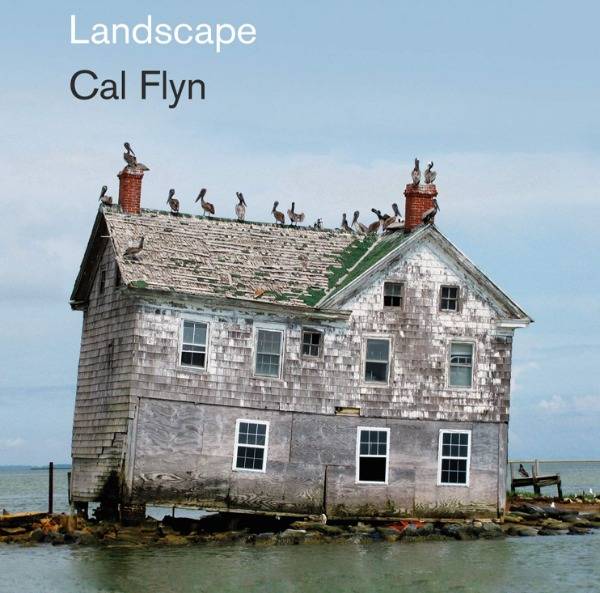This handsomely illustrated volume belongs to an unusual subgenre: the coffeetable philosophy book. David Papineau, professor of philosophy at King's College, London, has assembled a stellar cast of academic philosophers to guide the perplexed and the uninitiated through the fundamental questions that form the core of the discipline. Papineau's aim is twofold: first, to describe some of the main approaches to those questions and, second, and more ambitiously, to equip the reader with some basic 'intellectual tools'. This second aim reflects a particular conception of philosophy: on this view, philosophy is as much a way of thinking as a set of problems or solutions. It also reflects a certain way of approaching the history of philosophy, most of the major stagingposts of which are visited here. If, as Papineau argues in his introduction, "styles of philosophical thinking" are as important as substantive theses, then when we read Aristotle, say, or Kant, we learn as much from the way these philosophers approach problems as we do from the solutions they purport to bring to them.
Moreover, it's not even certain that philosophical problems admit of solutions at all. One of the most attractive features of the approach adopted by all the contributors here is an insistence on the peculiar quality of philosophical puzzlement. Jesse Prinz's chapter on 'Mind and Body' is a good example of this. He shows how the remarkable advances in neuroscientific research have not brought us any closer to a solution to what philosophers call the 'problem of consciousness'. Scientists have told us much about when the firing of neurons happens and, thanks to brain scans, where; but they haven't explained why all that neuronal activity produces subjective states of mind. A number of very eminent philosophers have happily embraced this mystery and have argued that there is an 'explanatory gap' between the understanding of spiking neurons and the understanding of conscious experience and it's one that we humans will simply never surmount.
This isn't to say that philosophers won't continue to worry away at the problem. Furthermore, Papineau suggests that it would "run counter to human nature" for us not to preoccupy ourselves with questions answers to which won't make any difference to the way we behave. Consequently, three of Philosophy's six chapters are devoted to such topics: 'World'; 'Mind and Body'; 'Knowledge'. The other three chapters deal with the kinds of moral and religious issues that are a staple of much of the current philosophical literature aimed at a general readership.
Among these, John Cottingham's chapter on 'Faith' will be of particular interest to readers of New Humanist. Cottingham casts philosophy in the role of arbiter in debates between theists, atheists and agnostics. He helpfully points out, for instance, that 'agnostic' is a relatively recent coinage, due to the nineteenthcentury biologist T H Huxley. Huxely was responding to the need to distinguish between philosophers such as Hume, who mounted fullfrontal sceptical assaults on the traditional arguments for god's existence, and those like Kant, who found those arguments wanting but didn't think this entailed a definitive proof of his nonexistence. Arguably, it's the spirit of Hume that prevails in anglophone philosophy today, where the standard atheist position holds that there is a substantial balance of proof against theism.
It is sometimes argued, however, that to emphasise belief in supernatural agency is to misunderstand the nature of religious commitment. Religion, it is said, has as much to do with the furnishing of moral and ethical codes as it does with nonnatural explanations of the origins of the universe. There are at least two problems with this view. First, although adherence to a certain way of life may be an important part of being religious, surely that adherence presupposes belief in the truth of some basic dogmas? The second difficulty concerns the grounding of morality in the precepts of some faith or other: leaving aside the question whether the morally good is divinely commanded or not, it is not clear that a moral code reflecting a particular religious perspective could ever secure universal assent.
Philosophy will never quell the conflict between competing ways of life, but it can at least point the way towards values on which all rational people might agree. That was the contention of the political philosopher John Rawls, and it's a lesson of more general application. As Jonathan Wolff puts it in the final chapter of this book, "Rawls's originality lies not only in his principles of justice, but also in his method for devising them."
Philosophy is available from Amazon (UK)

